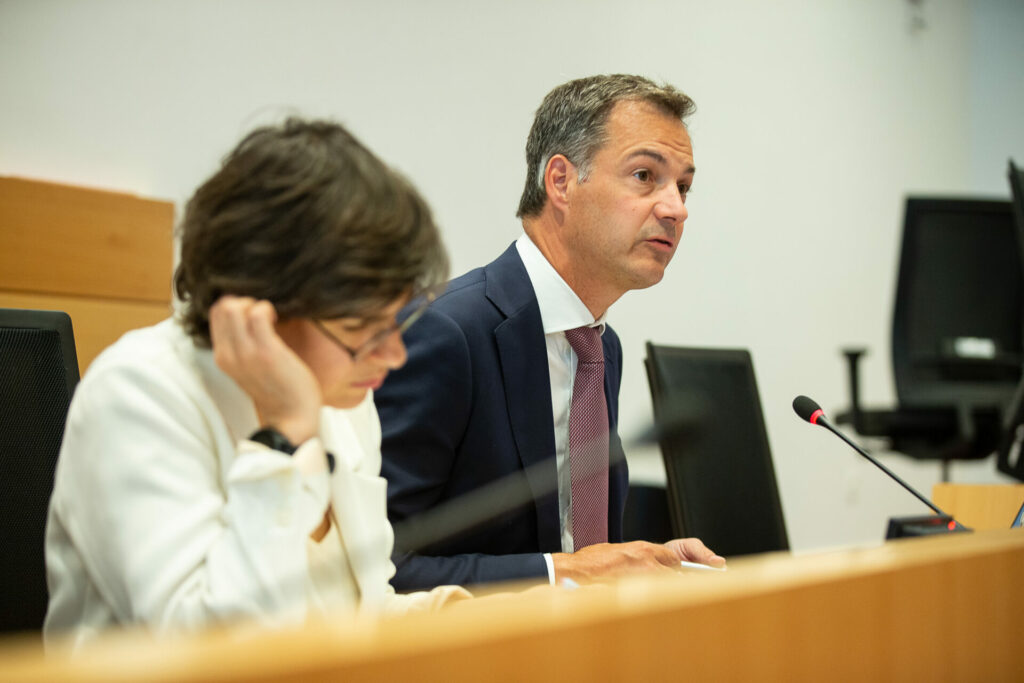Unlike the Netherlands and Germany, Belgium has not been able to significantly limit its gas consumption in recent weeks as gas consumption in August was barely lower than normal despite the record-breaking prices.
In the run-up to the Consultative Committee on energy prices on Wednesday afternoon, the leader of the Flemish liberal Open VLD party Egbert Lachaert again stressed the need to consume less gas.
"The key to tackling this energy crisis and reducing the bill lies with consumption," he told reporters. However, as autumn and winter are approaching, consumption is expected to be a lot higher than during the past warm summer months.
In April, the Federal Government launched its 'I have an impact' information campaign, with practical tips for citizens to use less energy that have been repeated over and over in recent months. Additionally, the authorities have also introduced a number of measures to limit consumption.
Better than average
In the first half of 2022, consumption fell strongly as a result of the major increase in gas prices – which already started in the autumn of 2021 but rose even more following Russia's invasion of Ukraine.
Consumption in the spring of this year was limited in Belgium by more than a tenth (-12.6% compared to the average for 2017-2021), in part also due to the mild temperatures – less than Sweden, the Netherlands or Denmark, but still better than the European average, according to an analysis by De Tijd based on figures from the European network for gas network operators Entsog.
However, it seems like Belgian residents have not continued these efforts in recent weeks: while the Dutch and Germans also cut their gas consumption sharply in the summer, Belgium is gradually climbing back to an average level as almost as much gas was consumed in August as in an average month of August.
In Germany, meanwhile, consumption was over 20% lower in the past month, and in the Netherlands more than 25%.
Related News
- Top ministers meet today to discuss energy crisis: Will the measures help?
- Russia halts gas deliveries to Europe via Nord Stream again
- Net increase of 'at least €100' in purchasing power needed to pay energy bills
The European Union is taking care of the period between August and March next year in its gas reduction plan. For that plan, the EU initially asked Member States to make an effort to reduce the demand for gas by 15%, but the agreement was watered down to a collective commitment of 15% less gas consumption, on a voluntary basis and with several exceptions.
While it is especially the larger companies and electricity producers in Belgium that have been able to limit their gas consumption (14.6% less), that consumption has gone up again in recent weeks. In the Netherlands, too, it is mainly industry that is reducing the consumption of natural gas: 30% less gas was being burned there than in the first six months of 2021, the statistics office CBS announced on Tuesday.
For Belgian households, the savings amounted to 8.9% compared to normal consumption, while it was almost 19% for Dutch ones. The question now, however, is if there is any willingness to limit consumption even more.
On Wednesday afternoon, the Consultative Committee is meeting to discuss what can be done to protect consumers and businesses from the worst of the current energy crisis. An overview of what is expected to be on the agenda can be found here.

